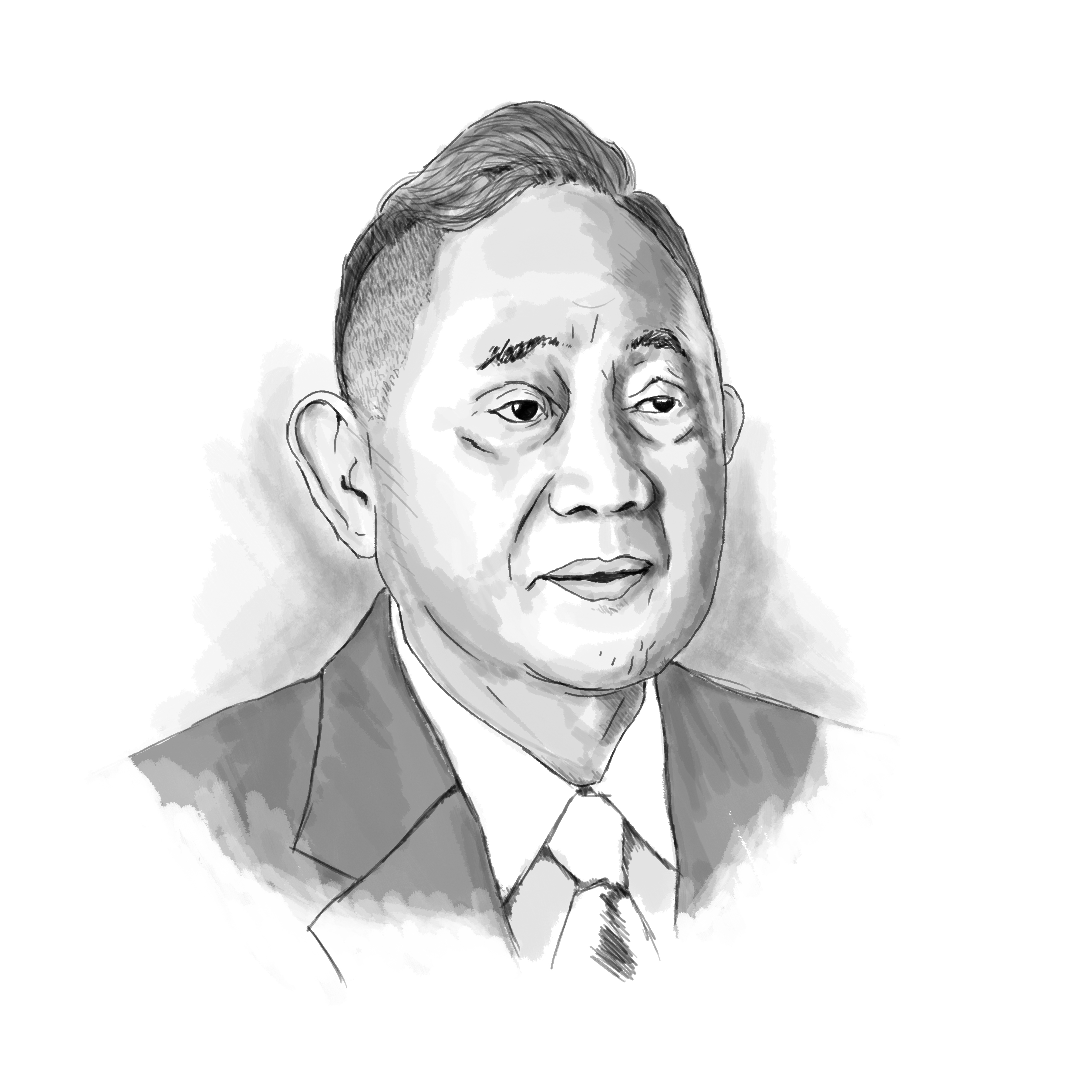PEACE-MAKER

In an age marked by unprecedented technological advancement and interconnectivity, it is disheartening to see that our world is still plagued by violence, conflicts, and the ravages of war. In various corners of the globe, from the Middle East to Eastern Europe, from Asia to Africa, communities are gripped by the pain of political strife, insurgency, and terrorism. Each new day seems to bring yet another story of bloodshed or another haunting image of a city turned to rubble, lives shattered and futures darkened.
A few days ago, violence struck the outskirts of Turkey’s capital, Ankara, when armed assailants launched a deadly attack on state-run Turkish Aerospace Industries (TUSAS) headquarters, where five people were killed and 22 injured, reminding us of the grim reality that terrorism remains a profound threat to peace. This attack is just one example in a global pattern of escalating violence — in Asia or in other parts of the world — where simmering tensions continue. The persistence of these conflicts underlines the urgent need for peace and reconciliation — yet this goal often seems increasingly elusive.
But amid this turmoil, hope persists. Many of the world’s nations and citizens continue to strive for a better tomorrow, driven by the conviction that peace is both possible and necessary. The journey toward lasting peace, however, requires more than simply decrying the violence; it requires comprehensive and organized efforts to address the root causes of these conflicts. For this, international organizations dedicated to dialogue, collaboration, and understanding, such as the International Conference of Asian Political Parties (ICAPP), play an indispensable role.
Indeed, on Nov. 21 to 24, the 352-member ICAPP will hold its 12th general assembly under the theme, “A quest for peace and reconciliation.” It will be held in Cambodia’s capital, Phnom Penh, hosted by the ruling Cambodian People’s Party (CPP) led by former Prime Minister Hun Sen.
The ICAPP, through its gatherings and initiatives, creates a unique platform for the diverse political parties of Asia to engage in constructive dialogue. In regions rife with historical grievances and ethnic or religious tensions, a platform like ICAPP provides a space for fostering mutual understanding and cooperation. Its focus on multilateral dialogue, emphasizing common values and shared goals, is critical for a continent that houses more than half of the world’s population and holds a complex web of relationships among its countries.
Organizations like the ICAPP are integral to peace-building efforts because they focus on diplomacy at a political party level, thus involving a broader base of leaders beyond government officials. Through fostering cooperation on shared challenges — economic development, climate change, and regional stability — organizations like ICAPP contribute in laying the groundwork for long-term reconciliation and help to counteract the forces that fuel discord.
However, even with such initiatives, peace and reconciliation demand a broader, more inclusive commitment from the international community. World bodies, including the United Nations and regional organizations, must support these efforts through policies that prioritize humanitarian aid, poverty reduction, and sustainable development, which are key in addressing the underlying causes of many conflicts.
We live in a world where the actions in one corner inevitably ripple across to others. Today’s conflicts, especially when ignored or inadequately addressed, can manifest into tomorrow’s global crises. Let us not overlook the responsibility we hold as members of the global community. We must advocate for peace not as a distant, abstract ideal but as a fundamental goal that requires urgent, deliberate, and unified action.
The quest for peace and reconciliation is indeed challenging, but it is not impossible. As individuals, leaders, nations, and organizations, we must rise to meet this challenge — before the suffering of the few becomes the tragedy of the many.